Yandex dominates online search in Russia, yet many global SEOs still focus only on Google.
While many best practices carry over from Google, Yandex comes with its own algorithm and quirks.
By adapting to Yandex’s algorithm, you’re not just optimizing for a different search engine. You’re practicing Search Everywhere Optimization, ensuring your brand shows up wherever your audience is searching, not just on Google.
To succeed, you’ll need to understand how it ranks content, from behavioral signals to regional preferences.
How does your website score? Get a free instant audit that will uncover the biggest SEO issues affecting your site, and how to fix them.
Article Summary
- Yandex dominates search in Russia, processing most local queries with over 60% market share.
- Unlike Google, Yandex heavily prioritizes behavioral signals like dwell time, scroll depth, and bounce rate.
- Backlinks matter less on Yandex; quality local links work better than high volume.
- Localization is critical: native-level Russian content, Cyrillic domains, and geo-targeting drive better rankings.
- Yandex gives preference to hyper-local results based on user and business location.
- Mobile speed and UX are ranking factors: Turbo Pages and IndexNow help accelerate visibility.
- Yandex still values on-page SEO basics like keyword relevance, meta tags, and clean structure.
- Tools like Yandex Metrica and Webmaster Tools are essential for tracking engagement and indexing health.
What Is Yandex and Why It Matters for SEO
Yandex is often called “Russia’s Google” for a reason. It’s the country’s leading search engine and the default choice for most Russian users.
According to StatCounter, Yandex is the third most popular search engine globally in terms of market share, behind only Google and Bing.
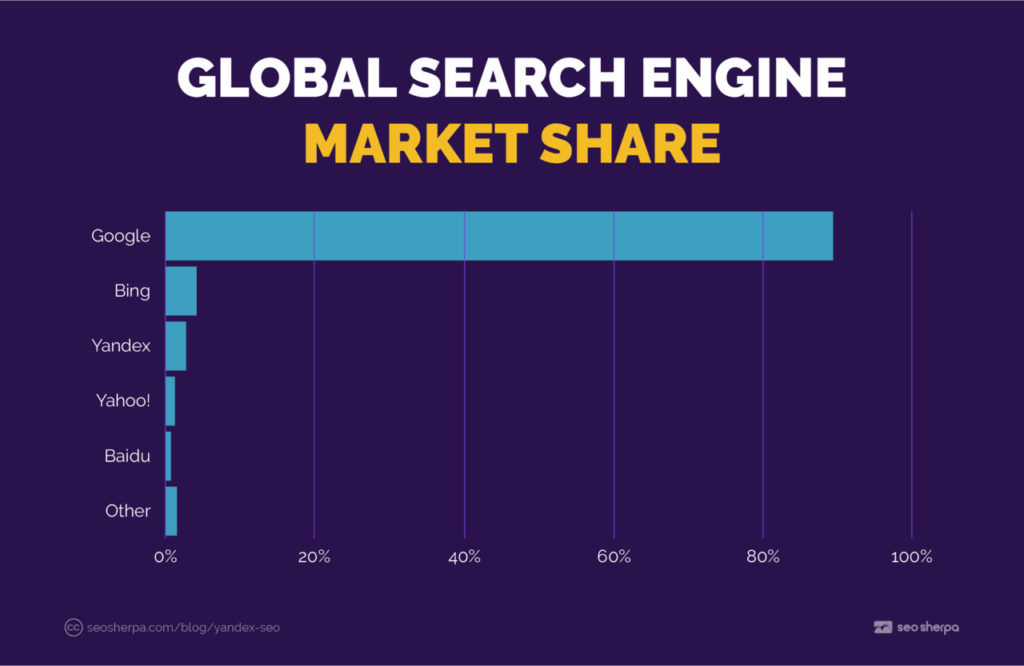
This global ranking reflects Yandex’s dominance in Russian-speaking markets and its expanding international presence.
Within Russia, the dominance is even more pronounced.
About 93% of Yandex.ru traffic comes from users inside Russia, according to Statista.
The .ru domain is its localized portal, built specifically for Russian speakers. As of March 2025, it remains the clear leader in local search.
Yandex.ru is also the second most visited website in Russia, pulling in 3.5 billion visitors in November 2024. It ranks just behind Google and above every other platform in daily reach.
Outside of Russia, Yandex operates an international version at Yandex.com. This version is written in English and designed for a global audience.

This is the international version of Yandex, available at Yandex.com and built for English-speaking users outside of Russia.
Based on the latest data, 10.92% of Yandex.com’s traffic comes from the United States, followed by Turkey at 10.53%, China at 9.46%, and Russia at 6.16%.
This growing footprint shows that Yandex isn’t just for Russian users anymore. It’s gaining traction in multilingual and cross-border markets, opening new opportunities for global brand visibility.
Regionally, Yandex continues to dominate in countries like Belarus, Kazakhstan, and others where Russian is widely spoken. In Turkey, it has even outpaced Google at times, capturing over 50% of the market.
Language is another key differentiator.
Yandex’s algorithms are designed specifically for the Cyrillic script, Russian slang, inflected word forms, and local search behavior.
This gives it an edge in serving more relevant results to Russian-speaking users, something Google doesn’t always get right.
So, if your brand wants to reach this market, Yandex isn’t a nice-to-have, it’s essential. Google won’t connect you with this audience the same way. SEO Yandex gives you direct access to high-intent users you’d otherwise miss.
How Yandex SEO Differs From Google SEO
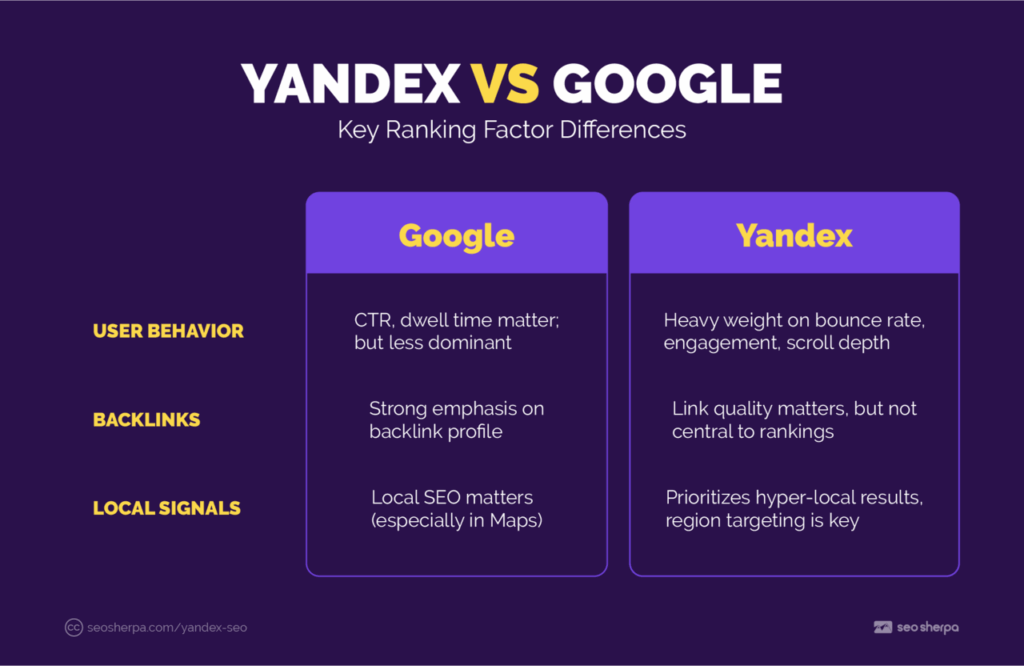
User Behavior Signals Are Crucial
Yandex doesn’t just look at your content, it watches how people react to it. Click-through rate, bounce rate, and dwell time are major ranking signals in its algorithm.
If users click and bounce right back, Yandex sees that as a red flag. But if they stick around, scroll, and explore your content, Yandex treats it as a win. You’re rewarded for delivering what users want.
And this isn’t subtle.
Yandex puts even more weight on behavioral factors than Google. It tracks how long visits last, how many pages people view, and whether your content actually holds their attention.
In short, it’s measuring satisfaction. The more engaged your audience, the better you’ll rank.
Does Yandex Use Backlinks for Ranking?
On Google, backlinks can make or break you. However, on Yandex, they’re just one piece of the puzzle, and a small one at that.
Yandex has always taken a stricter stance on link-building. After launching its Minusinsk update in 2015, it cracked down hard on spammy and manipulative tactics. So if your SEO strategy is built around sheer backlink volume, it won’t get you far here.
You could have hundreds of links, but if they’re low quality or irrelevant to Russian users, they’ll barely help. One solid link from a trusted local site can be far more powerful than a pile of weak ones.
Remember, backlinks are just one of 1,800+ ranking factors on Yandex. Build them if they help, but don’t rely on them to carry your SEO.
Backlinks still matter but not nearly as much as they do on Google.
But if backlinks matter less, what kind actually move the needle?
Local Link Building Still Works, If Done Right
Yandex values link relevance over raw volume, and that’s especially true for links from Russian-language, locally trusted sources.
Instead of chasing high domain authority sites, aim for contextual links from platforms your Russian audience already uses.
A single mention on a niche Moscow-based blog or a local tech news outlet can have more impact than ten links from unrelated global sites.
Here’s how to build them:
Start with regional platforms. A complete profile on Yandex Listings, 2GIS, and other Russian directories gives you do-follow links, geo signals, and a presence in Yandex Maps, which shows up for high-intent local queries..
Move beyond directories. Aim for editorial links on Russian domains.
That could mean guest insights on vc.ru or TJournal, interviews on industry-specific podcasts, or being quoted in local news.
These links beat a dozen generic backlinks from international blogs, especially because Yandex values server location and topical relevance
Hyper-local sponsorships punch above their weight. Back a tech meetup in Moscow, a coding bootcamp in Novosibirsk, or a charity run in Saint Petersburg.
Then ask for a link on the event page. These local placements tend to attract real traffic ,and those behavioral signals (clicks, time on page, scroll depth) are exactly what Yandex likes to see.
This isn’t about building thousands of backlinks. It’s about embedding your site into the local digital landscape. Think “locally loved,” not “globally mentioned.”
And once your content is well-linked across local sources, it’s time to make sure it shows up in the right language and region.
Regional and Local Factors Are Weighted Heavily
Yandex is hyper-local. Your location, and your user’s location, can completely change what ranks.
Search results are heavily personalized by city and language. A query typed in Moscow won’t return the same results as one typed in Vladivostok, even if it’s word-for-word identical.
That’s because Yandex knows when a query has local intent. And it adjusts accordingly, boosting nearby businesses and region-specific results.
Even better, you can steer this yourself. Yandex Webmaster Tools lets you set a target region for your site.
To rank well, your content needs to feel local. That means regional landing pages, local contact info, and signals like a Russian phone number or city name on your site.
If you want to win on Yandex, think like a local business, even if you’re global.
Key Yandex Ranking Factors (Updated for 2025)
Behavioral Factors and Click Data
Yandex cares less about what your page says and more about how users interact with it. Clicks, scrolls, bounce rates, and dwell time all influence your ranking.
When Yandex’s code leaked in 2023, it confirmed what SEOs had long assumed. Behavioral signals are part of the core algorithm. If users stay, scroll, and engage, your page gains trust. If they leave quickly, you drop.
Dwell time is critical. Visits lasting more than 90 seconds signal relevance. Short visits suggest your page missed the mark. The takeaway is simple. Make people stay.
Grab attention fast with a clear, front-loaded intro. Structure your page so it’s easy to skim. Use short paragraphs, helpful subheadings, and bold takeaways to keep readers moving.
To push dwell time even higher, add interactive elements like collapsible FAQs or embedded video.
You can also break long posts into jump-linked sections to reduce friction and help users find what they need faster.
Track these signals in Yandex Metrica. If session times are weak or bounce rates are rising, your rankings will feel it.
Technical SEO – Mobile and Site Speed
Yandex expects your site to be fast, mobile-friendly, and crawl-ready. If it’s slow or broken, you’re not getting ranked.
Back in 2016, Yandex rolled out its “Vladivostok” update to prioritize mobile devices. It even beat Google to flagging mobile-optimized sites in search results. And now, in 2025, mobile-first isn’t just best practice — it’s the baseline.
If your site lags on smartphones, you’re invisible.
Your design should be responsive and tap-friendly. If you want a boost, use Yandex Turbo Pages — similar to Google’s old AMP — for faster mobile loading and lower bounce rates.
Yandex rewards speed across the board. Fast-loading pages drive engagement. Slow pages lose users and rankings. Compress your images. Use browser caching. Set up a CDN. And keep an eye on Yandex Webmaster Tools, which flags pages with speed problems.
The cherry on top? Yandex supports IndexNow. That means you can push your content for instant indexing; no need to wait for crawlers.
The faster your site, the faster you grow on Yandex.
On-Page SEO and Relevance Matching
Yandex still leans heavily on classic on-page SEO signals. To rank well, your page needs to be structured clearly, written with intent, and aligned with how users search.
Start with the basics. Your titles and meta descriptions should be written in Russian or the appropriate local language. Keywords must appear naturally in the body text. And your HTML structure should use clear, consistent headings to map out your content.
Keyword relevance still carries weight.
Unlike Google, which relies more on semantic understanding, Yandex still rewards direct keyword matches, especially in titles and H1s. This means your keywords need to show up early and clearly.
But Yandex is evolving. Its YATI neural network update gives it a deeper understanding of context and search intent. That means keyword stuffing won’t work—in fact, it could hurt you. Instead, write naturally and use related terms that cover the topic from multiple angles.
If your page targets a term like “учить англrийский язык,” don’t just repeat that phrase. Add context, methods, tools, and relevant subtopics.
Cover the query comprehensively so users don’t have to bounce back and search again.
One bonus: Yandex still pays some attention to the meta keywords tag.
Unlike Google, it hasn’t fully dropped it. So adding a few well-chosen Russian keywords might give you a small edge, as long as they’re used sparingly and match your visible content.
Relevance drives results. Make your pages feel tailored to the search, both for the reader and for Yandex’s crawler. When in doubt, make it obvious what your page is about and who it’s for.
Quality Content in Russian (or Local Language)
Yandex was built for the Russian internet. That means language and localization are not optional.
If you want to rank for Russian-language queries, your content needs to be written in native-level Russian. Not translated. Not auto-generated. Yandex’s algorithms are trained to understand the Cyrillic alphabet, local slang, cultural references, and regional phrasing. English content, even if technically sound, will not compete in Russian search results.
Native-quality writing always wins.
A fluent, well-structured Russian article will consistently outrank a rough translation. Yandex can detect machine-translated text and awkward phrasing, and it will downrank pages that feel unnatural.
Thin or duplicated content is another issue. Yandex’s AGS filter, similar to Google’s Panda update, targets low-value content. If your page is generic, plagiarized, or packed with fluff, it can be removed from the index entirely.
To perform well, write for Russian users directly. Use local expressions, add a few target keywords, mention rubles instead of dollars, and reference real-life examples that match Russian culture and norms.
This kind of localization keeps users on the page longer, and those behavioral signals feed directly into your rankings.
High-quality, well-localized, engaging content is not just about readability. It is central to Yandex SEO success. If you do not get the language right, nothing else will matter.
How Do I Submit My Site to Yandex?
Getting your site indexed by Yandex is straightforward, but you need to complete a few key steps before your content appears in search.

Yandex Webmaster Tools works like Google Search Console, it helps you track indexing, technical issues, and performance in Yandex search results.
Start by signing up for Yandex Webmaster Tools, which is the Yandex equivalent of Google Search Console.
This is your central dashboard for managing your site’s SEO performance on Yandex. Once you’re logged in, add your domain and verify ownership. You can verify using a meta tag, a DNS record, or by uploading a file to your site.
After verification, submit your XML sitemap. This helps Yandex crawl your site efficiently and ensures your key pages are discoverable.
Yandex’s crawler works a bit slower than Google’s, so do not be surprised if it takes a few days for all your pages to show up.
Inside Yandex Webmaster Tools, you can monitor which pages are indexed, track crawl errors, and check indexing progress.
If certain pages are missing, go to the “Indexing → Pages in search” section and manually request indexing.
Yandex also supports the IndexNow protocol, which allows your site to ping Yandex the moment new content is published or updated. This speeds up indexing significantly, especially for time-sensitive content.
Setting this up only takes a few minutes, but it gives you full visibility and control.
Submitting your site and sitemap early helps Yandex discover your content faster and surface any technical issues before they hurt your rankings.
Tools for Yandex SEO
Yandex Metrica vs Google Analytics
Yandex Metrica is more than just an analytics tool. It is one of the most powerful platforms for understanding how Russian users behave on your site.
Like Google Analytics, Metrica tracks sessions, traffic sources, bounce rates, and conversion goals. But it goes further. Its standout feature is Webvisor, a built-in session replay tool that lets you watch real recordings of how users scroll, click, and navigate your site. Google Analytics does not offer this level of visual insight.
This matters because behavioral signals are core to how Yandex ranks content. If users leave quickly or miss key elements, Metrica helps you spot and fix the issue. You are not guessing why a page underperforms—you are watching it happen.
Even better, Metrica works without data sampling. You get the full picture, even for high-traffic pages. That makes it especially useful for conversion rate optimization and SEO when targeting a Russian-speaking audience.
For best results, use Metrica and Google Analytics side by side.
Google gives you global coverage, while Metrica provides deeper visibility into how your Russian audience behaves. This is crucial if you are running Yandex Ads or optimizing for local search.
Metrica also integrates seamlessly with Yandex Webmaster Tools and Yandex Business, creating a full ecosystem.
While Yandex has stated that using Metrica does not directly boost rankings, it gives the search engine full visibility into your user engagement metrics, which could influence behavioral signals.
Yandex Webmaster Tools Overview
If you want to succeed on Yandex, you need visibility into how your site performs on the platform. That is exactly what Yandex Webmaster Tools provides.
Once your site is verified, you can check which pages are indexed and which are not, along with detailed reasons why. The tool also alerts you to crawl errors, malware issues, and server problems that could harm your rankings.
A standout feature is the site quality index (SQI).
This is Yandex’s way of scoring your site’s overall credibility. It factors in trust signals, engagement, and content authority. Think of it as Google’s E-E-A-T, but scored and publicly displayed.
You can also assign a geographic region to your site. This is especially useful if you are targeting a specific location, like Moscow or Saint Petersburg. Setting the correct region improves your chances of ranking for local searches.
This Yandex SEO tool includes valuable keyword data, too. You can see which queries drive traffic, what people are clicking on, and how your pages perform in Yandex’s search results. This insight helps you fine-tune your content for the search behavior that matters most.
It also flags technical issues specific to Yandex. That includes problems with Cyrillic URL encoding or accidental crawler blocks in your robots.txt file. If Yandex cannot reach your content, it will not rank it.
Localization and Language Considerations
Cyrillic Domains and Transliteration
Yandex fully supports Cyrillic domains and URLs, which makes it one of the few major search engines built specifically for the Russian language.
You can use domains like пример.рф or URLs that include Cyrillic characters, and Yandex will crawl and index them without issues. Russian users are more likely to trust domains they can read, especially when the text is in their native script.
Using a country-specific domain like .ru, .by, or .kz also gives you a ranking edge. Yandex uses top-level domains to assign geo-relevance.
A .ru domain, for example, is seen as more trustworthy for Russian users than a .com. This helps boost your visibility in localized search results.
If your CMS does not support Cyrillic characters in URLs, use consistent transliteration. For example, instead of /красота, use /krasota. Russian users are familiar with this format, and Yandex understands it just fine.
Avoid using generic or meaningless slugs like /category123.
Instead, use readable and relevant URL strings, like /krasota-sovety. These not only support keyword relevance but also improve trust with users.
Your domain and URL structure are ranking signals on Yandex. If they look, sound, and feel local, your pages are more likely to perform well in regional search.
Geo-Targeting Best Practices
Yandex is highly location-aware. Where your business is based affects where and how you rank.
Inside Yandex Webmaster Tools, you can assign a primary region to your site. Whether it is Moscow, Saint Petersburg, or “All Russia,” setting the right region improves your visibility for users searching in that location.
Yandex also pays close attention to local signals on your site. That includes your business address, phone number with area code, and localized language in your content.
If you serve customers in Novosibirsk, make that clear. Mention the city, include a local map, and add region-specific details to your contact page.
If you have a physical location, create a Yandex Business profile. This listing powers Yandex Maps and local pack results, similar to how Google Business works. For restaurants, stores, or service businesses, this is essential.
Yandex also allows multi-regional targeting for up to seven regions, but only for sites listed in the legacy Yandex Catalog. If your site is not in that directory, the alternative is to create separate landing pages or subdomains for each region you want to target.
Local SEO on Yandex is about being unmistakably relevant to the user’s location. The more local context your site provides, the more signals you send to Yandex that you belong in regional search results.
What About Hreflang and Multilingual SEO for Yandex?
Running Russian and English pages side by side?
You’ll need to be crystal clear about which version goes to which user.
Use hreflang tags properly. Add standard <link rel=”alternate” hreflang=”xx-YY” …> annotations in the head of each language version.
Make them reciprocal, include self-referential tags, and double-check that every pair matches correctly.
Yandex respects hreflang and uses it to serve the right page when a user’s language or region changes.
Then back it up in Yandex Webmaster Tools.
Set a primary region for your site, and reinforce it with a <meta http-equiv=”content-language” content=”ru”> tag.
If you’re targeting Kazakhstan or Belarus, structure your site accordingly — spin up subfolders like /kz/, or use subdomains such as by.example.com.
Assign each folder its own region inside Yandex Webmaster Tools so the system knows exactly where each version belongs.
Finally keep things clean. Avoid auto-redirects based on IP.
Serve content on separate URLs with native-level copy for each language.
And when you can host Russian content on a .ru or .рф domain, it still gives you a small edge in local trust.
Common Mistakes to Avoid in Yandex SEO
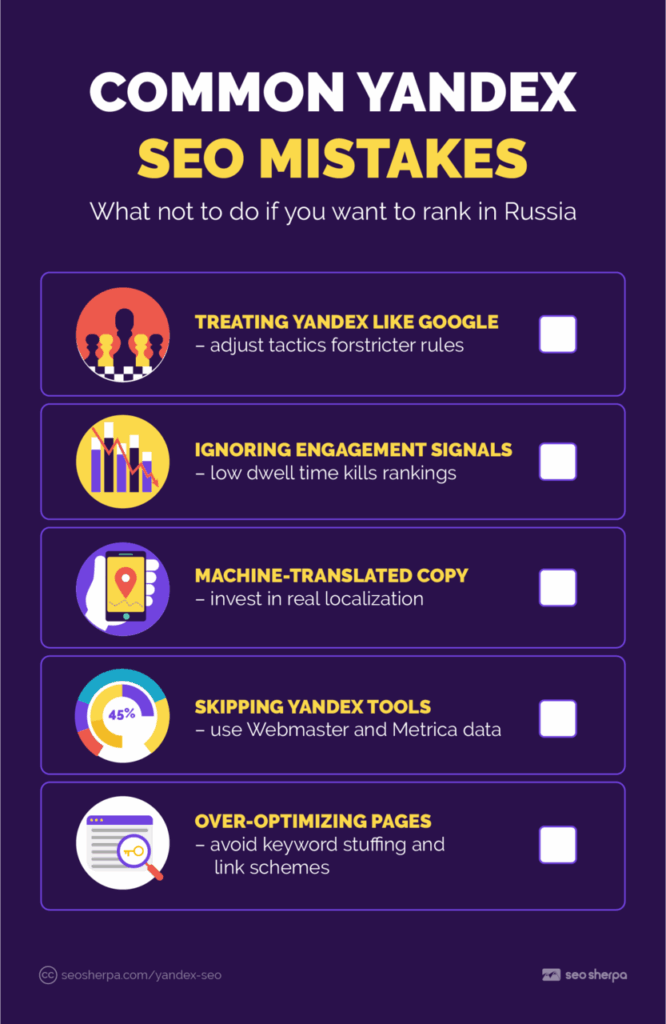
One of the most common mistakes is treating Yandex like it’s Google in Russian. That mindset leads to underperformance — or worse, penalties.
Some SEOs bring over their Google strategies without adjusting for Yandex’s stricter rules. Tactics like aggressive link building, keyword stuffing, or doorway pages might slide on Google, but Yandex will flag and penalize them quickly.
Take the Minusinsk update, for example. It was designed to crack down on low-quality backlink schemes. If your link profile looks unnatural or manipulative, your site could drop in rankings, even if the links were helping elsewhere.
Another mistake is ignoring behavioral signals. On Yandex, user engagement carries more weight than backlinks. If your content doesn’t hold attention, your rankings will fall. It does not matter how many links point to the page if users bounce within seconds.
Poor localization is another deal-breaker. Some brands simply run English content through machine translation, expecting it to rank. But that misses the mark. Yandex can detect low-quality or awkwardly phrased translations.
Cultural mismatches, untranslated currency, and irrelevant examples make your content feel disconnected and lead to higher bounce rates.
To avoid that, invest in proper localization. Write in fluent Russian, use real local examples, and reflect Russian consumer expectations. Mention rubles, not dollars. Adapt your content so it feels native, not repurposed.
Another oversight is failing to fully integrate with Yandex’s ecosystem. If you are not using Yandex Webmaster Tools or Metrica, you are flying blind. You will miss crawl errors, indexing issues, and behavioral signals that impact rankings.
Technical missteps also hurt performance. That includes slow mobile pages, improperly encoded Cyrillic URLs, or accidentally blocking Yandex’s crawler. Even small technical issues can quietly kill your visibility.
Finally, over-optimization can backfire. Keyword stuffing, meta tag abuse, or filler-heavy pages may not trip Google’s filters, but Yandex is less forgiving. Play it clean, stay relevant, and focus on quality from the start.
Is Yandex SEO Worth It in 2025?
If you’re targeting Russia or Russian-speaking markets, Yandex SEO is not just a search engine. With more than a 60% market share and millions of daily users, Yandex reaches an audience that Google often does not.
Ignoring it means missing out on one of the most active search ecosystems in the world. While some strategies carry over from Google, ranking on Yandex requires a different playbook. Behavioral signals, localization, and technical optimization carry more weight, and knowing how to tailor content to Russian users is key.
When you adapt to Yandex’s system, you’re not just optimizing for a different search engine. You’re practicing Search Everywhere Optimization, showing up wherever your audience searches, whether that’s on Google, Yandex, or beyond.
But is Yandex SEO relevant outside of Russia?
Absolutely! Brands that take Yandex seriously often dominate Russian SERPs. With well-localized content, fast technical performance, and region-specific relevance, you can tap into a high-intent audience that most global marketers ignore.
So yes, Yandex SEO is absolutely worth it in 2025.
And now, you have the roadmap.
Start applying what you’ve learned. Track your metrics in Yandex Metrica. Monitor your site health using Yandex Webmaster Tools. Use real data to guide what you publish next.
The opportunity is real. The traffic is there. You just have to show up.



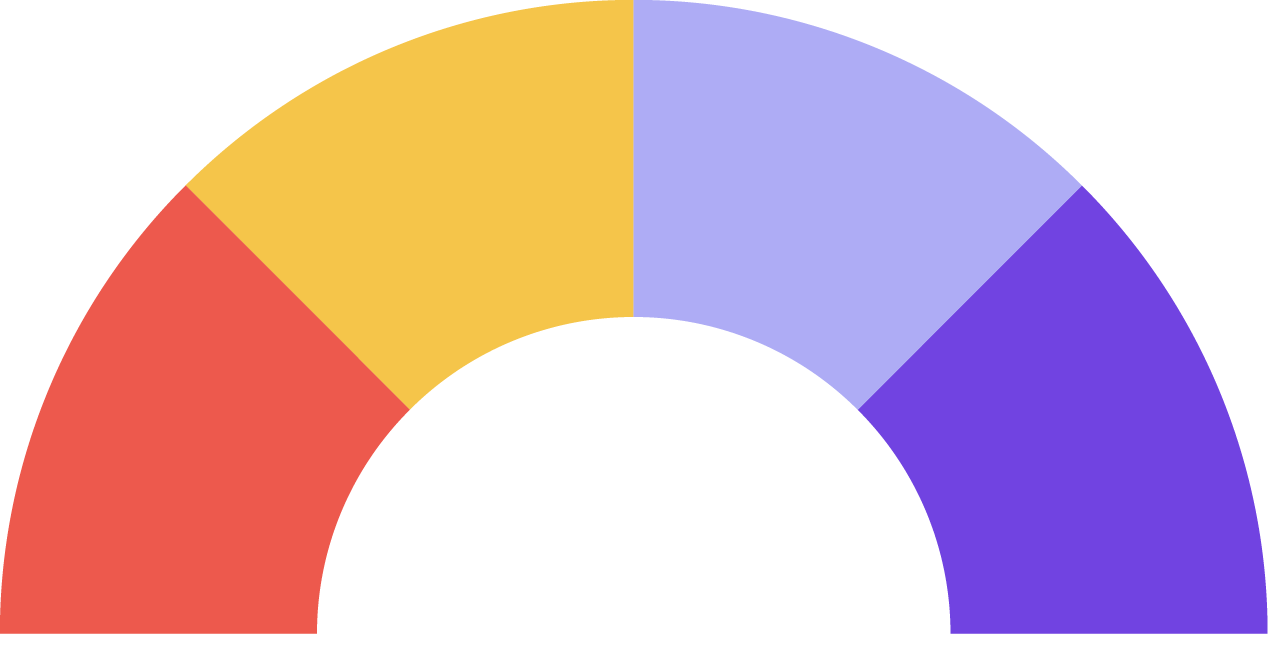

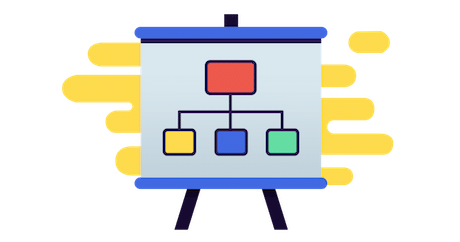





Leave a Reply